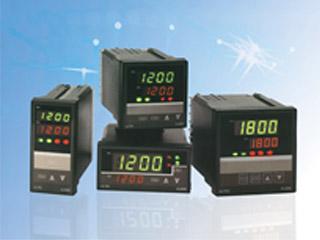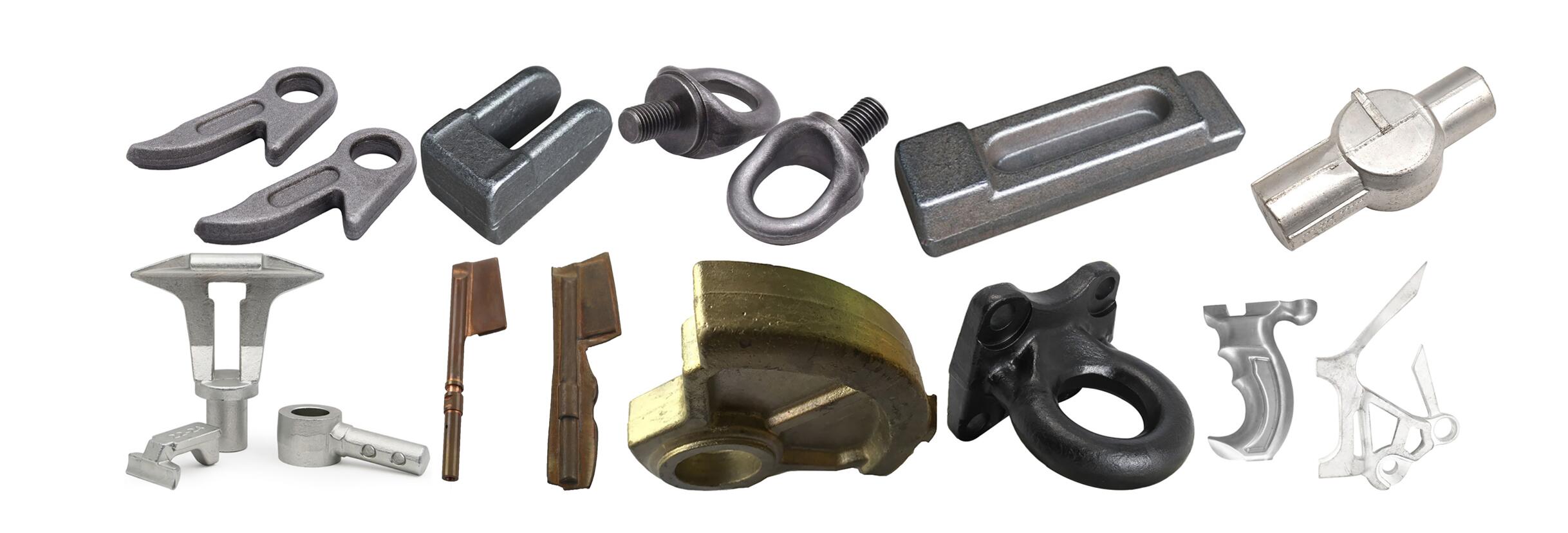Metal forging is a processing method that uses a forging machine to apply pressure to a metal blank to make it a part of a certain shape and size. The forging process can change the metal structure and improve the metal properties, making it have higher mechanical properties than the raw materials. Therefore, forging is usually given priority to workpieces that require relatively high strength and heavy load-bearing. Because the forging process is a process of up and down pressing, the structure of the workpiece cannot be too complicated, and only some workpieces with a relatively simple structure can be formed. If the structure of some workpieces is relatively complex, we can form a structure that can be forged, and then obtain the desired structure through subsequent secondary CNC machining, but the relative cost will be relatively high.
SCZY has very rich experience in metal forging, as well as subsequent secondary CNC machining and surface treatment. We are mainly engaged in the processing of forged parts such as aluminum alloy forging, copper alloy forging, carbon steel forging, alloy steel forging and Stainless Steel Forging, as well as subsequent secondary CNC machining and surface treatment. Here are a few photos of the products we've made:
Forging Parts,Forging Metal Parts,Forging Steel Parts,Forging Iron Parts Shenzhen SCZY Technology Co.,Ltd , https://www.szsccasting.com It is understood that with the economic development and social progress, the application of smart meters is becoming more and more common. Smart meters play a particularly important role in many areas. With the emergence of functions, smart meters are now gaining popularity. The popularity of smart meters has also driven the development of upstream and downstream industries.
It is understood that with the economic development and social progress, the application of smart meters is becoming more and more common. Smart meters play a particularly important role in many areas. With the emergence of functions, smart meters are now gaining popularity. The popularity of smart meters has also driven the development of upstream and downstream industries.
The market size of smart meters is constantly expanding. In addition to North America and Europe, Japan is also actively promoting the application of smart meters. Kansai Electric Power and Kyushu Electric Power are adopted in phases, and Tokyo Electric Power plans to use them from 2014. Tokyo Electric Power plans to install about 17 million smart meters by 2018, and the installation rate of smart meters in the area will reach more than 60%. In Asia, China and South Korea are also actively promoting smart meter applications. All of these provide space for the development of smart meters and the market size is considerable.
The smart meters are mainly used in the fields of electric power and gas, but their influence is not limited to this. At present, smart meters have affected the development of multiple fields, such as smart meters are gradually replacing analog meters, which also brings opportunities for the development of semiconductor and electronic components industry. After all, smart meters need to be equipped with a large number of semiconductors and electronic components.
Smart meters are generally equipped with analog ICs, microcontrollers (MCUs), AD converters, rectifiers, quartz crystal resonators, and liquid crystal displays and communication modules that display the measurement results. This also shows that the development of smart meters will have a profound impact on these upstream and downstream industries. In addition, the smart meters need to improve the communication network in order to transmit over-standard values, which also affects the impact of smart meters on the communications and home appliance industries. As more and more countries attach importance to the application of smart meters, more and more homes use smart meters, and the market size of smart meters will rapidly develop. 